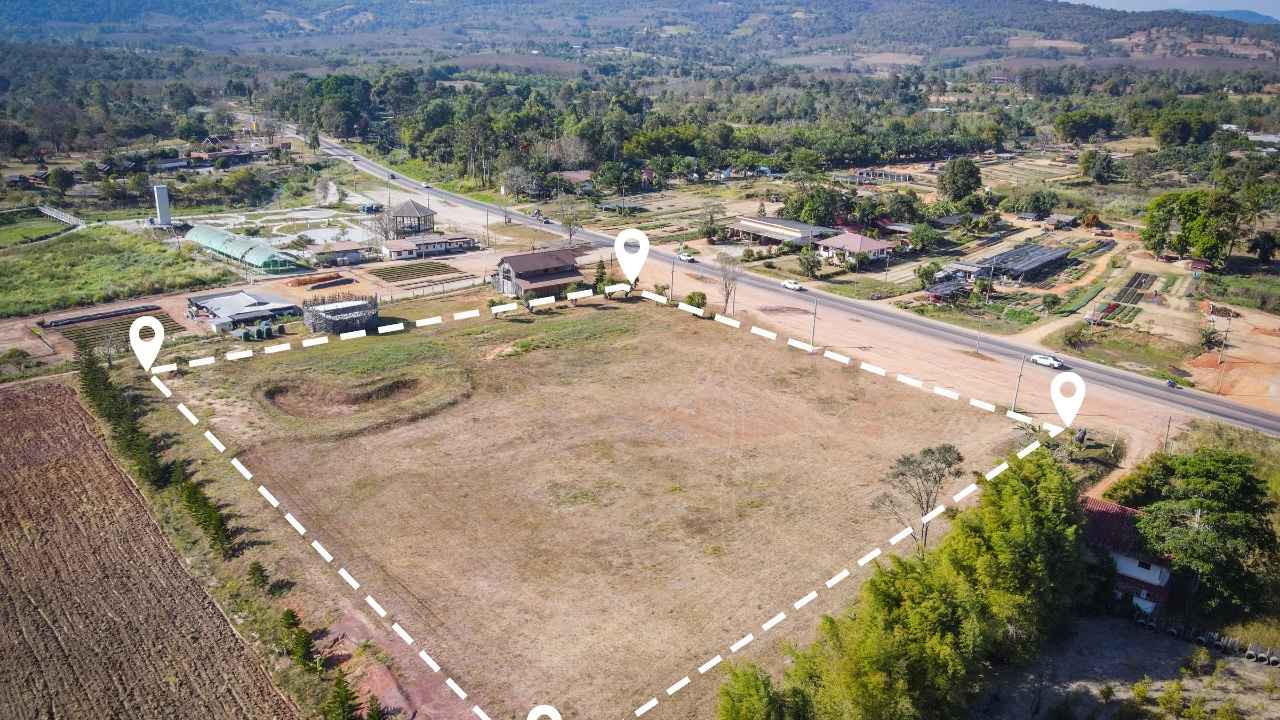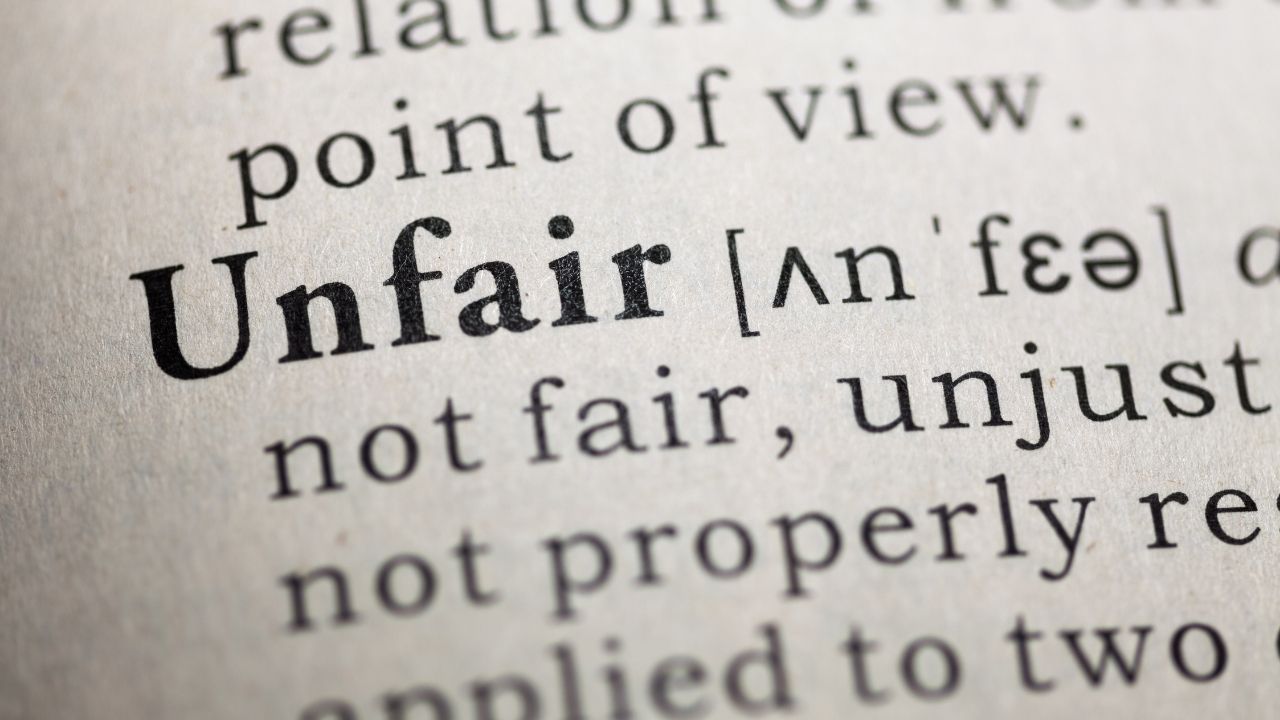Critical Lessons on Due Diligence, Title Indefeasibility, and Lis Pendens Doctrine
The Court of Appeal in Frank Logistics Limited v. Golden Lion Real Estate Company & Others (Civil Appeal No. E303 of 2024) delivered a landmark judgment on 12th September, 2025, affirming the Environment and Land Court’s decision to cancel an irregularly acquired land title. This ruling reinforces the sanctity of proper land registration processes under Kenyan law, highlights the risks of inadequate due diligence, and clarifies the legal boundaries of title indefeasibility. This client alert summarizes the case, key legal principles, practical implications for property stakeholders, and actionable steps to mitigate risks in land transactions.
Case Background
The dispute concerned a prime property in Kilimani, Nairobi, known as LR No. 1/835 (Original No. 1/225/5), housing “Blacky’z Lounge” along Argwings Kodhek Road. Golden Lion Real Estate Company (the 1st respondent) claimed ownership, having purchased the property from Propco Limited in 2014. The transfer was registered under the repealed Government Lands Act (GLA) at the Government Lands Registry (Volume N112 Folio 136/31 File 11933), with a certificate of postal search dated September 15, 2015, confirming Golden Lion as the registered proprietor of the 0.1896-hectare parcel, delineated on Land Survey Plan No. 104399.
Frank Logistics Limited (the appellant) claimed title to the same property, re-designated as LR No. 1/1381 (IR No. 200711), under the Registration of Titles Act (RTA). The appellant alleged it acquired the property in 2015 from Edward Shylock Omwega Ndege, with registration on March 2, 2017, and subsequently charged it to Credit Bank Limited (6th respondent) for KSh 90 million in 2019. Golden Lion alleged fraud, including forgery, misrepresentation of land references, and collusion with the Chief Lands Registrar (4th respondent). These actions persisted despite a court injunction issued on January 27, 2017, prohibiting dealings on the property, raising issues of lis pendens violations.
In the Environment and Land Court, Mogeni, J., ruled on April 11, 2024, in favour of Golden Lion, declaring the appellant’s title illegal, null, and void, and ordering its cancellation. The court issued permanent injunctions against interference, a mandatory injunction for the Chief Lands Registrar to cancel the appellant’s title, and directed the appellant to vacate the property. The court found no evidence of proper conversion from GLA to RTA and noted discrepancies in the appellant’s documentation, including inconsistent IR numbers and post-injunction transactions.
Court of Appeal’s Judgment
The Court of Appeal, comprising Musinga (P), Jamila Mohammed, and Odunga, JJ.A., dismissed both the appellant’s appeal and a cross-appeal by Credit Bank and Phillips International Limited (6th and 7th respondents). The Court confirmed that both parties claimed the same physical property, despite differing land reference numbers, as both LR No. 1/835 and LR No. 1/1381 corresponded to the same 0.1896-hectare parcel on Deed Plan No. 104399.
The Court upheld Golden Lion’s root of title under GLA, supported by the 2014 conveyance and 2015 search certificate. In contrast, the appellant’s title was deemed unprocedural and illegal under Section 26(1)(b) of the Land Registration Act, 2012, which allows impeachment of titles acquired “illegally, unprocedurally, or through a corrupt scheme.” Key discrepancies included:
- Mismatched IR numbers (e.g., 67070 vs. 64342) in the appellant’s title documents.
- Simultaneous transfers on March 2, 2017, from Ashok Kumar Sood (deceased in 2011) to Ndege, and from Ndege to the appellant, with no explanation for the six-year delay.
- Pre-registration activities, such as the appellant’s 2016 change-of-user application, despite registration occurring in 2017.
- No evidence of conversion from GLA to RTA, despite the Deputy Chief Land Registrar’s (DW4) testimony, which lacked supporting records.
The Court emphasized violations of the lis pendens doctrine, as transactions occurred after the 2017 injunction, binding even third parties like Credit Bank. While fraud was not explicitly proven, the procedural irregularities sufficed for cancellation. The Court rejected the appellant’s claim of indefeasibility under Article 40(6) of the Constitution, which excludes protection for unlawfully acquired property, and affirmed Golden Lion’s status as a bona fide purchaser.
The cross-appeal, alleging the trial court ignored the respondents’ submissions, was dismissed. The Court noted that submissions are not evidence and that judgments remain valid even if submissions are not considered, as held in Daniel Toroitich Arap Moi v Mwangi Stephen Muriithi & another [2014] KECA 642 (KLR).
Key Legal Takeaways
- Root of Title Scrutiny: The Supreme Court’s judgment in Dina Management Ltd v County Government of Mombasa & 5 others [2023] KESC 30 (KLR) and the Court of Appeal in Munyu Maina v Hiram Gathiha Maina [2013] KECA 94 (KLR) emphasize that a registered proprietor must prove the legality of title acquisition over and beyond presenting a certificate. Titles rooted in irregularities are not indefeasible.
- Due Diligence Obligations: Purchasers must trace title history to the original allotment, verify regime conversions (e.g., GLA to RTA), and confirm physical boundaries with surveyors. Failure to do so risks impeachment, as seen in the appellant’s reliance on inconsistent documents.
- Lis Pendens Doctrine: Transactions during pending litigation are voidable binding defendants and third parties. Lenders and buyers must verify court orders before proceeding.
- Evidentiary Burden for Impeachment: Section 26(1)(b) of the Land Registration Act allows title cancellation for unprocedural or illegal acquisitions, even without proven fraud. Courts require evidence of irregularities, but the burden shifts to the proprietor to prove lawful acquisition.
- Sanctity of Title Limitations: Article 40(6) of the Constitution excludes protection for unlawfully acquired property, reinforcing that indefeasibility is not absolute.
Implications for Clients
This judgment underscores the complexities of Kenya’s land registration systems, particularly in Nairobi, where historical overlaps between GLA and RTA persist. Property buyers, developers, and lenders face heightened risks and should:
- Conduct exhaustive title searches at the National Land Commission and registries, tracing back to original allotments.
- Engage surveyors to verify physical boundaries and deed plans (e.g., Plan No. 104399).
- Confirm compliance with transitional provisions under the Land Registration Act for pre-2012 titles.
- Lenders must perform independent valuations and post-registration searches to avoid void charges, as Credit Bank’s KSh 90 million charge was nullified.
- Monitor ongoing litigation to avoid lis pendens violations, using legal counsel to check court records.
- Maintain meticulous documentation of acquisition processes to withstand judicial scrutiny.
For disputes, parties should prioritize evidence of procedural compliance. If your transactions involve similar properties, conduct immediate title audits to mitigate losses.



